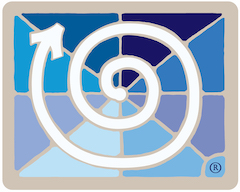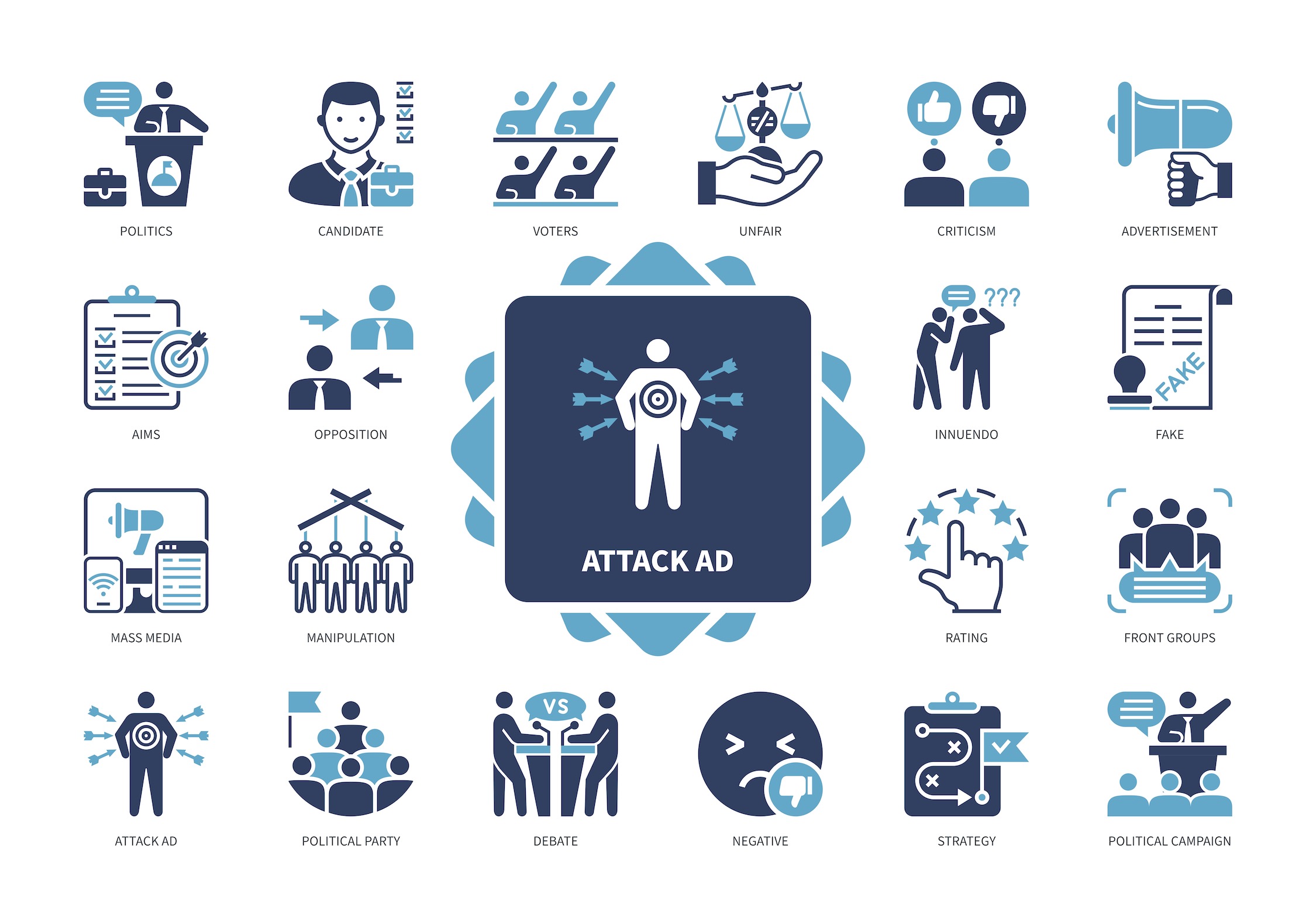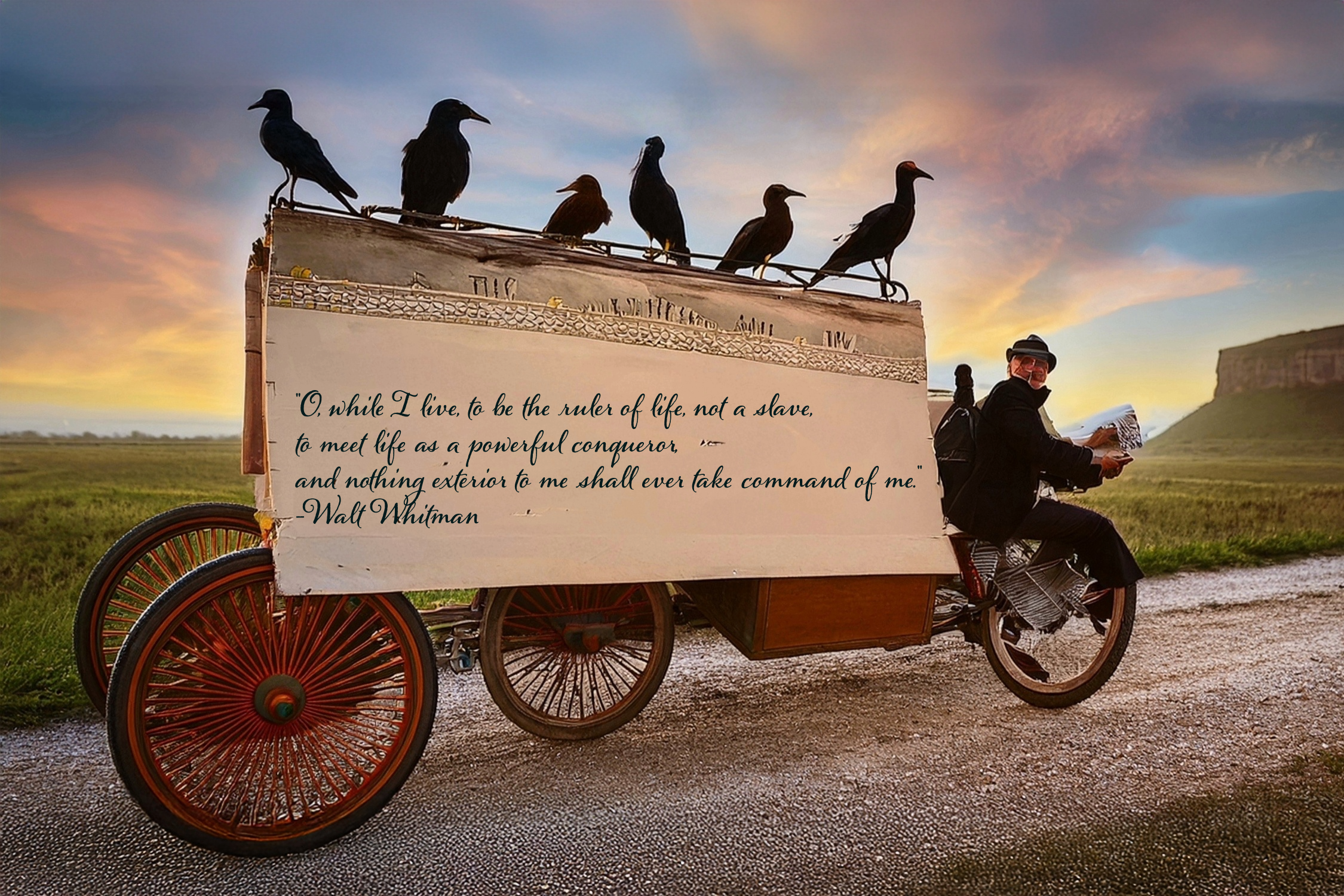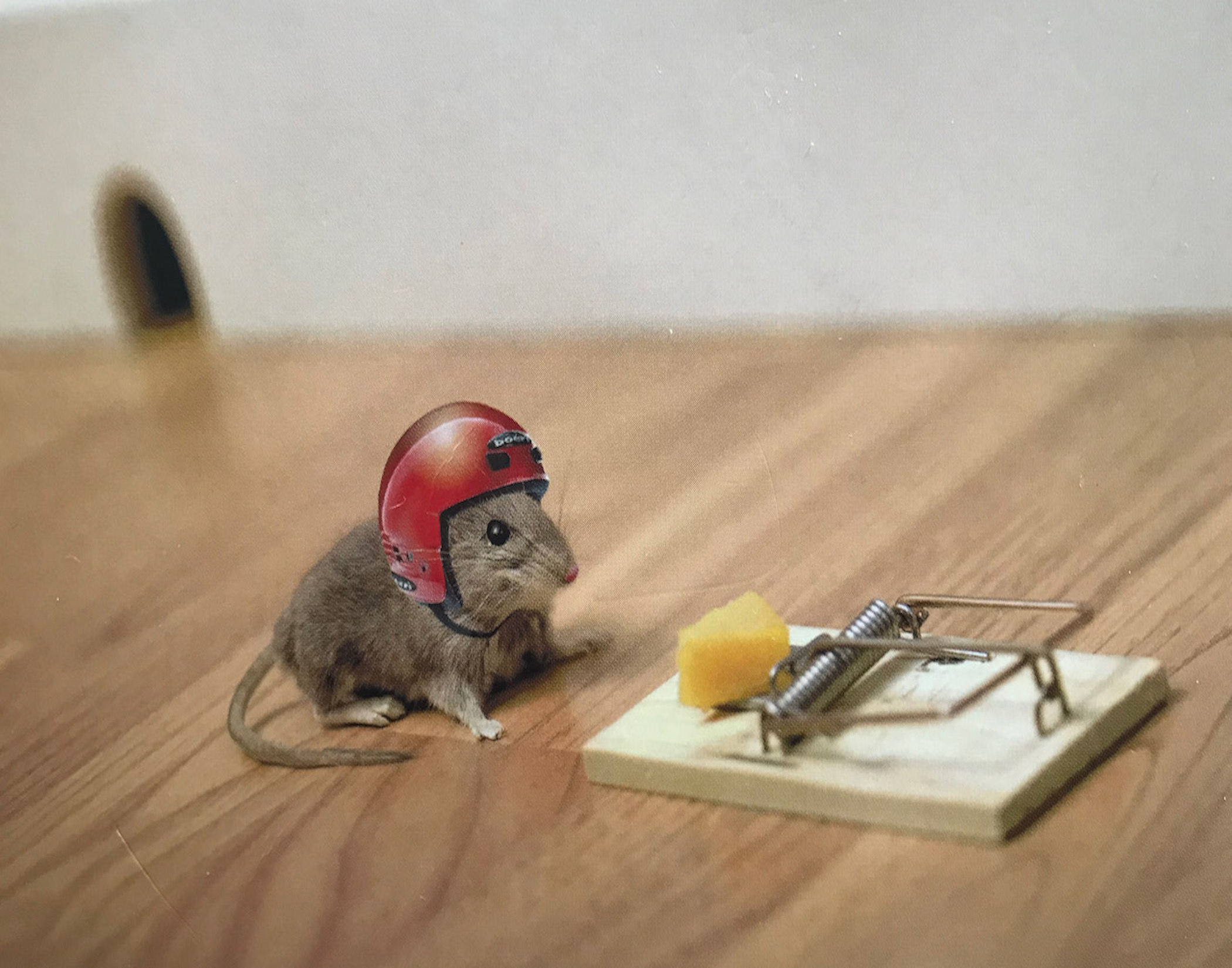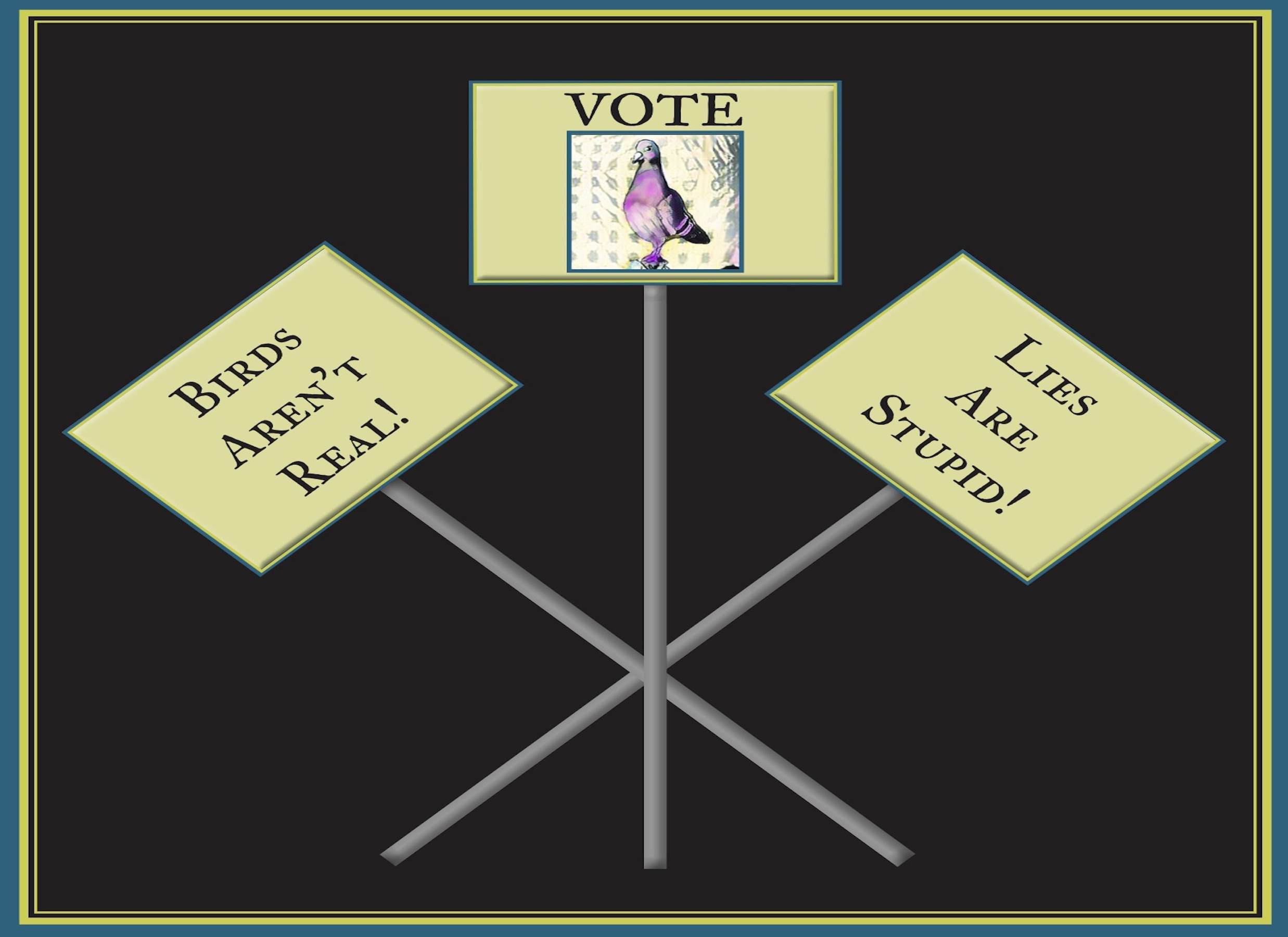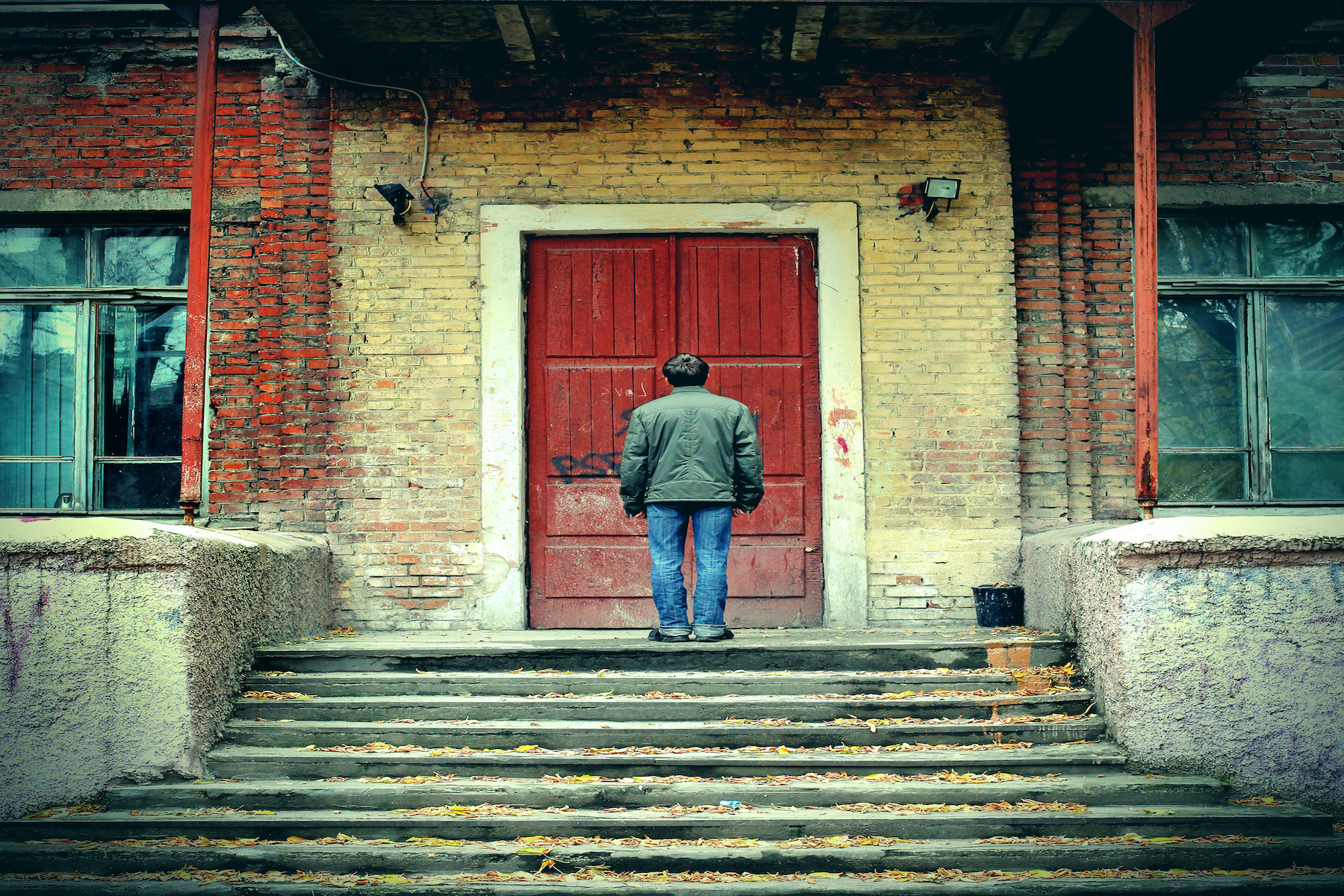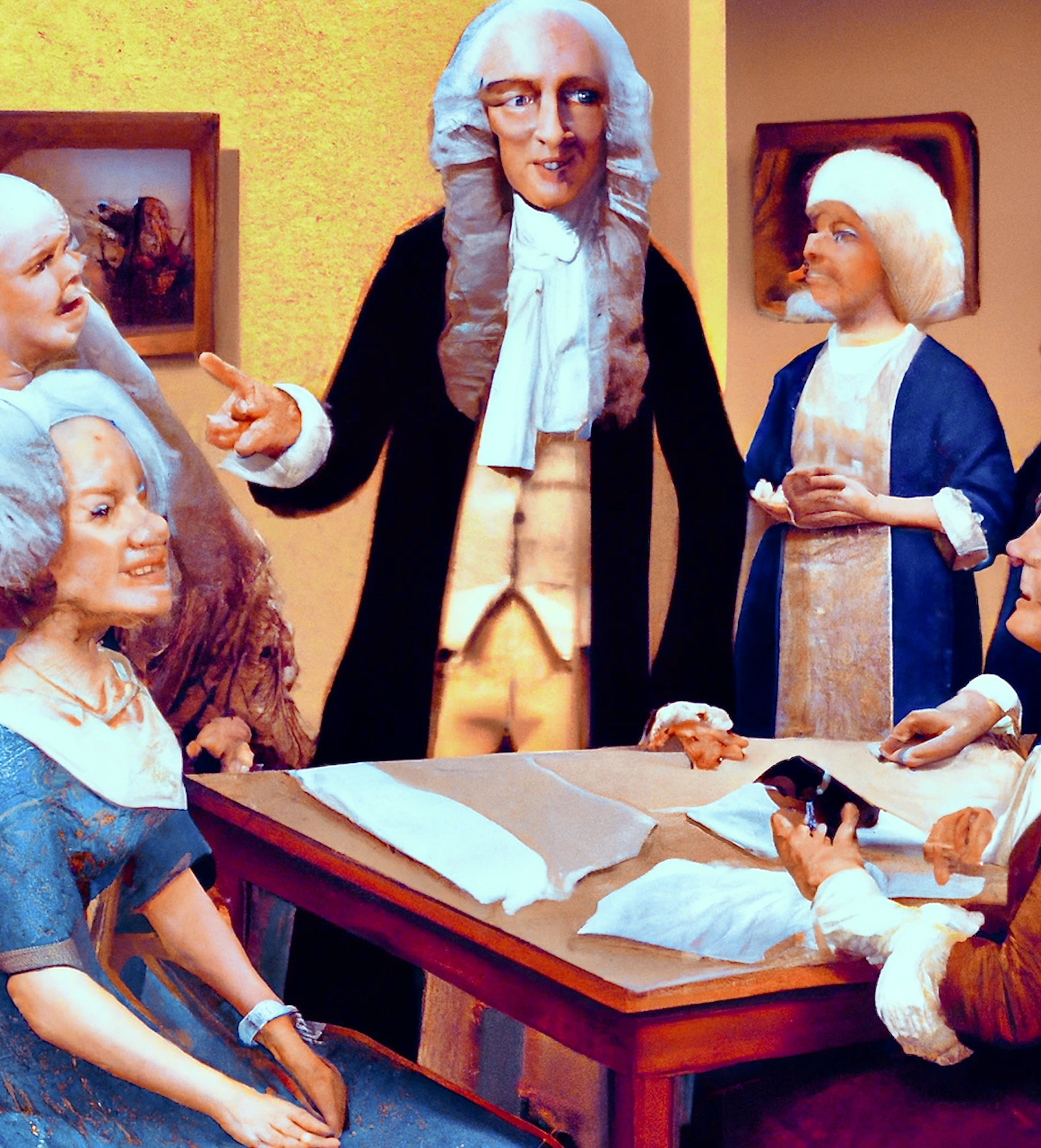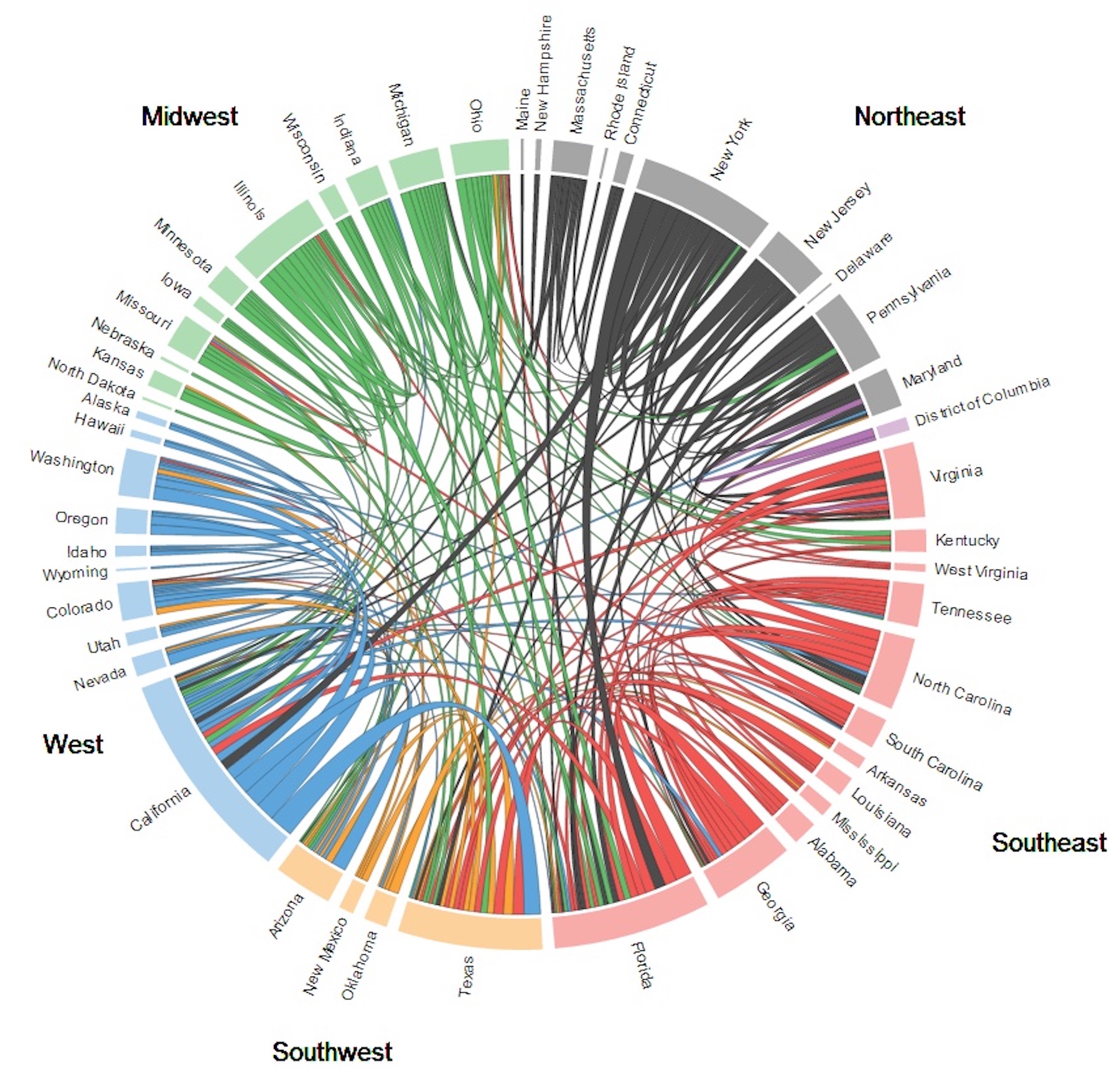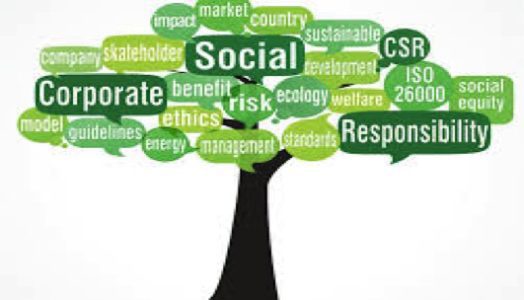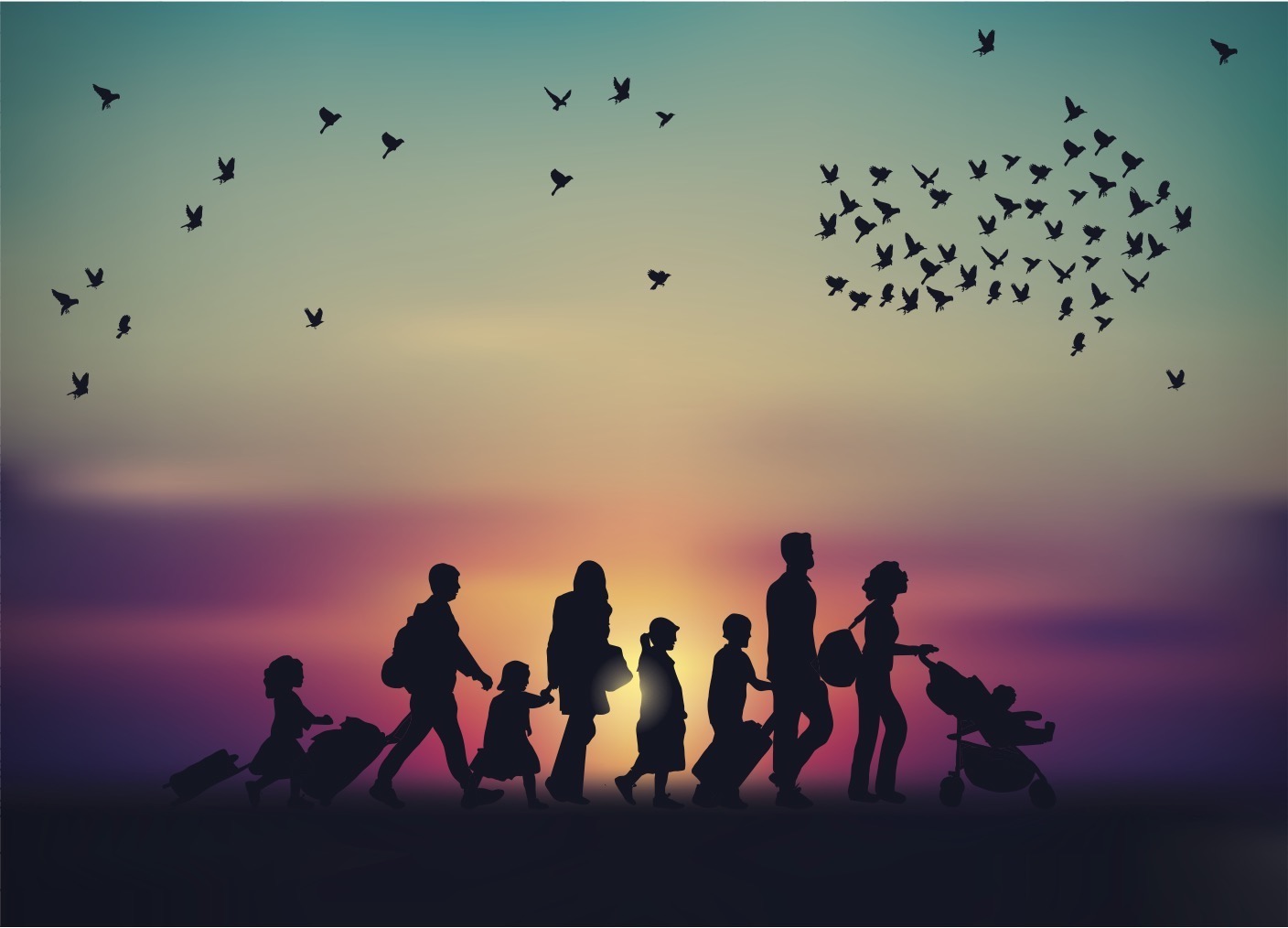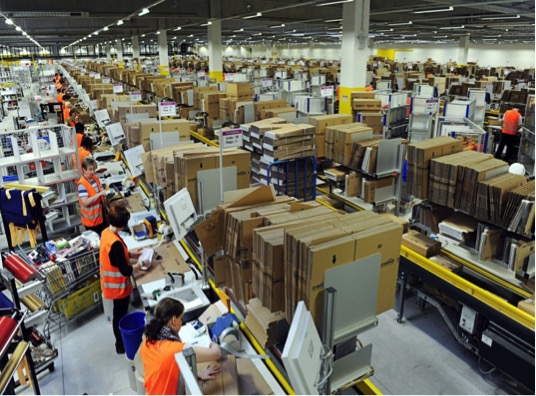- Credits:
- Shutterstock | Helen's Place LLC on solutions to develop independent thinkers
Helen’s Place Network | Helen’s Place LLC May 11, 2022
American’s want to raise confident, independent thinkers and rugged individualists. This appears to be one fact that Americans can agree with, despite their social views, but it’s not easy to raise an independent thinker in the disinformation age.
Now we’re starting to understand the effects that social media has on the brain and children’s cognitive development, and this is an evolving story.
In fairness to educators and parents, we just didn’t know much about this.
Before social media took hold, the main concern was about what happened when children grew up and didn’t like their childhood or just wanted to go their own way in the world, leaving their old life behind.
Now the question is – will children be independent and emotionally fit enough to handle the complexity of modern life in the digital age and be successful at all?
In the past it might have been difficult for some parents to accept their child’s choices in life, but seeing them succeed and make it on their own was celebrated and understood as a result worth accepting to raise an independent child.
Now we’re seeing an erosion in the cognitive development of children, and a worrying sign that they may not be willing or able to leave home and strike out on their own. It’s easy to blame the economy, but there’s more to the story.
If we go back to the beginning and look at how a child’s brain develops, a good place to start is with the work of the famous cognitive scientist Jean Piaget who said that children went through four stages of cognitive development to understand the world.
It’s likely that Piaget would have updated his cognitive development model if he’d lived to see the internet age.
Today, we can extrapolate out what he might have said about the effects of the internet, especially social media, based on the work of other researchers carrying on in his footsteps.
In Piaget’s Stage 1 and 2, effects of social media on children plays a minor role as they learn the basic skills like walking and talking. In the earliest stage, a child learns independence before they can talk when a parent asks them questions to make simple choices like, “do you want this spoon or this spoon?”
By Stage 3, what Piaget called the Cognitive Operational Stage, children 7 to 11 years old have brains that are becoming more complex.
In this stage, children have the ability to understand fact from fantasy, and know that their thoughts, feelings and opinions are unique to them and not necessarily shared by everyone.
It’s normal for teachers and parents to be challenged by a child probing for answers to their questions at this stage. Teachers and parents wanting to raise an independent child hold back to see if the child can solve their own problem before offering help.
They might say, “Don’t believe everything you hear; try to figure it out it out; think about it for a while and let me know if you still need help.” The goal at stage 3 is to answer a child’s questions and stimulate curiosity without being overly controlling.
But Stage 3 is where social media can cause children to go off the rails on the path to independent thinking, and there are a few reasons why:
For starters, a child’s understanding of cause and effect can be impaired if they are confused about what the true facts are, and this is exasperated by social media which offers a hodgepodge of confusing information.
Secondly, a child may spend too much time watching shows on electronic devices or playing video games instead of engaging in free play critical to cognitive development. In other words, being parked in front of an electronic device like an IPAD, doesn’t stimulate the brain in the same way that free play does.
What researchers are finding is that children learn independence by entertaining themselves and engaging in plenty of free play and interactions with other children in physical activity.
The third reason is that children are very influenced by what they watch, and this could change what they normally would figure out in their life experience without it. In other words, their brains may not develop independently to think or cope with the real world.
Fourth, social media poses a risk to children from those seeking to exploit or harm them.
Unfortunately, the effects of social media worsen in Stage 4:
In Stage 4, older children over 11 can easily find out information for themselves. Most children at this age are proficient on computers and using Google searches to look anything up they want to.
But they are also more interested in interacting with their peers and are easily manipulated by peer pressure and social media influencers.
In middle school and later, for example, there are instances of kids deliberately getting into fights so that other kids could film the staged fight with their cell phones and upload it to TikTok, in order to get “likes” and “shares.” This behavior continues into adulthood.
Secondly, Stage 4 is where social media becomes more divisive as groups split apart due to the culture wars playing out in America.
Today, the use of social media has a drastic effect on critical thinking skills and emotional fitness, not only for children but for people of all ages.
According to Jonathan Haidt in his Atlantic article, Why the Past 10 Years of American Life Have Been Uniquely Stupid, “Most Americans now see that social media is having a negative impact on the country, and are becoming more aware of its damaging effects…”
His report makes clear how social media is destroying American culture. He asserts that criticizing people so severely on social media platforms like Facebook, Instagram and TikTok, for example, is like “shooting arrows in the brain.”
It’s especially devastating for children trying to grow-up and make sense of the world.
The bottom line is that life is a contact sport, but by criticizing and fighting with fellow Americans, we erode independent thinking and emotional fitness in ourselves and our children.
Checklist of what to do:
- As a parent and/or educator, follow best practices to help develop independent thinkers as more research is known about how to counteract the effects of social media on the brain.
- Treat children with respect and appreciate their uniqueness without rushing in to solve their problems before they have a chance to solve them first.
- Limit a child’s access to social media and encourage free play to stimulate independent thinking and good health.
- Help children learn fact from fiction by answering questions honestly and telling the truth. Teach them to use the internet as a tool to look things up without social media.
Additional Transcript:
For the complete list of cognitive science goals to help students develop into independent thinkers, see the transcript from Helen’s Place LLC, Ch. 3: Antidote to Social Media for Children Living in the Disinformation Age.
Related audio/video recording:
“Most Americans now see that social media is having a negative impact on the country, and are becoming more aware of its damaging effects…”
Audio/Visual Brian Stelter’s Reliable Sources/YouTube interview with Professor Haidt on April 24, 2022:

https://www.cnn.com/videos/media/2022/04/24/jonathan-haidt-social-media-10-years-stupid-rs-vpx.cnn
Other related article you may be interested in:
Article about how to combat disinformation:
Helen’s Place LLC, “Disinformation and The World’s Evil Wizards Are After Us and What To Do.”
Helen’s Place LLC is an information and educational materials company celebrating English Language Arts, Cognitive Science and the love of birds.
Your comments are greatly appreciated. Send them to Helen’s Place LLC via email to info@helensplacenet.com.We’re always interested in learning more about you and the issues that are important to you.
